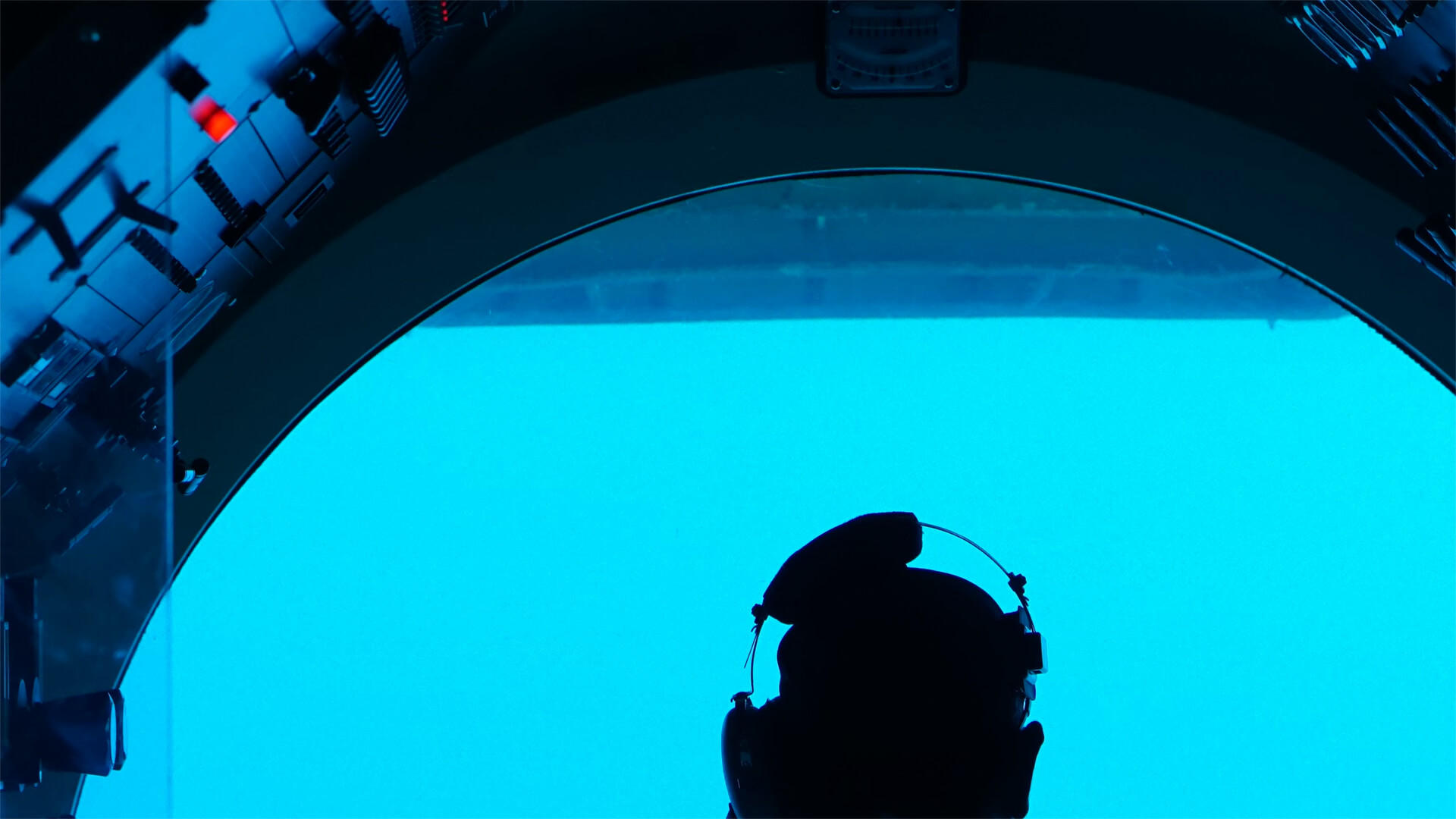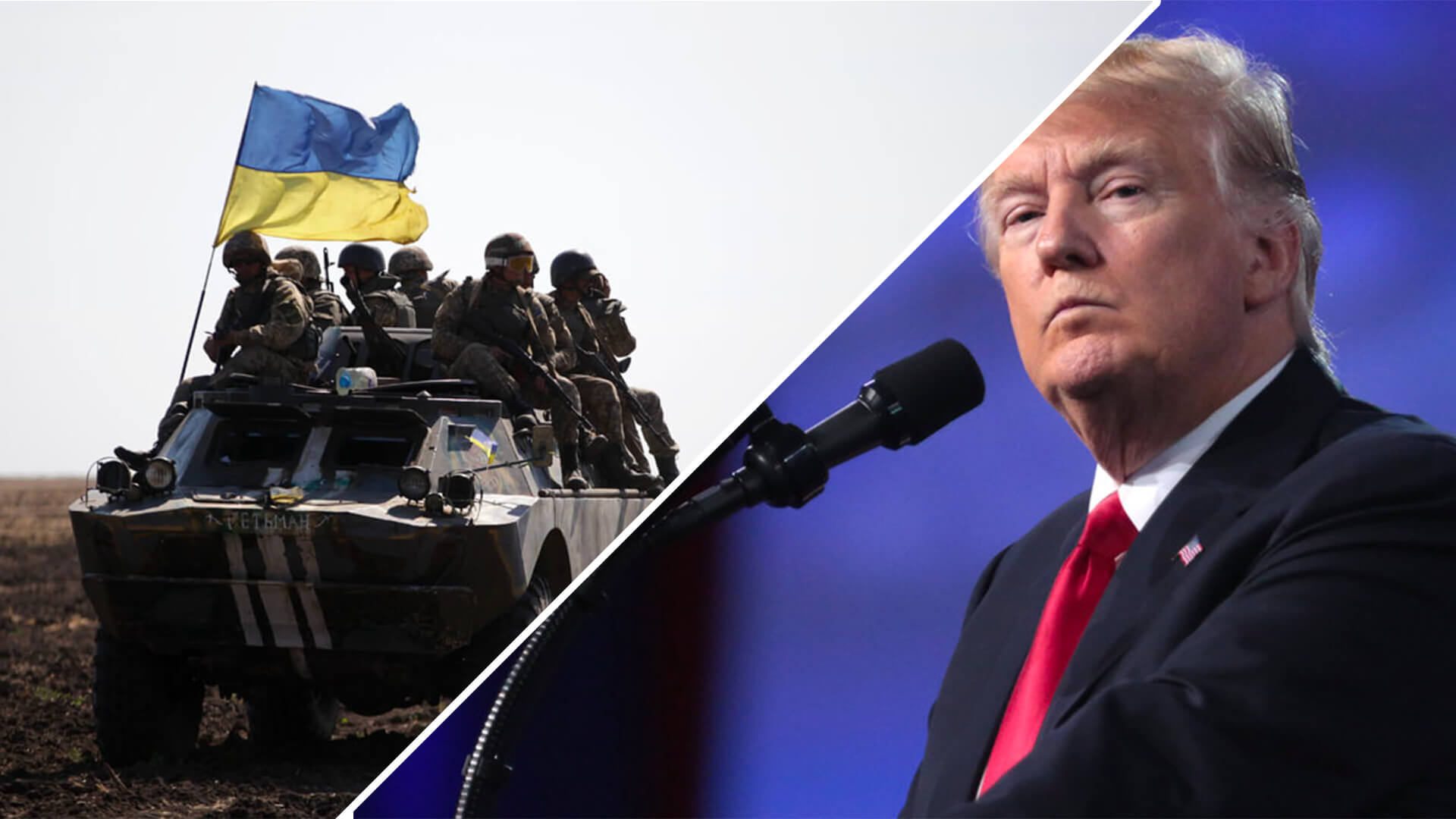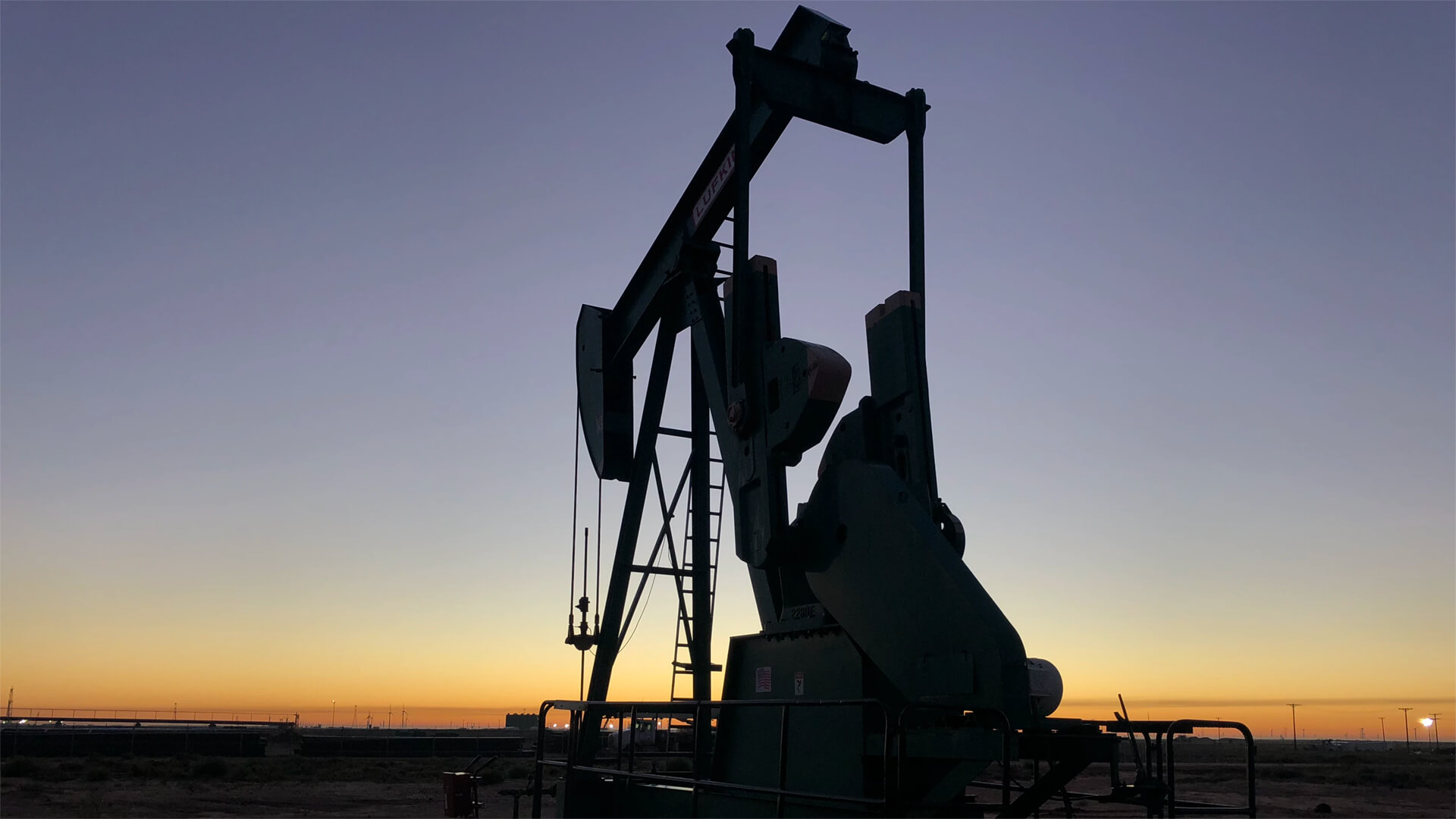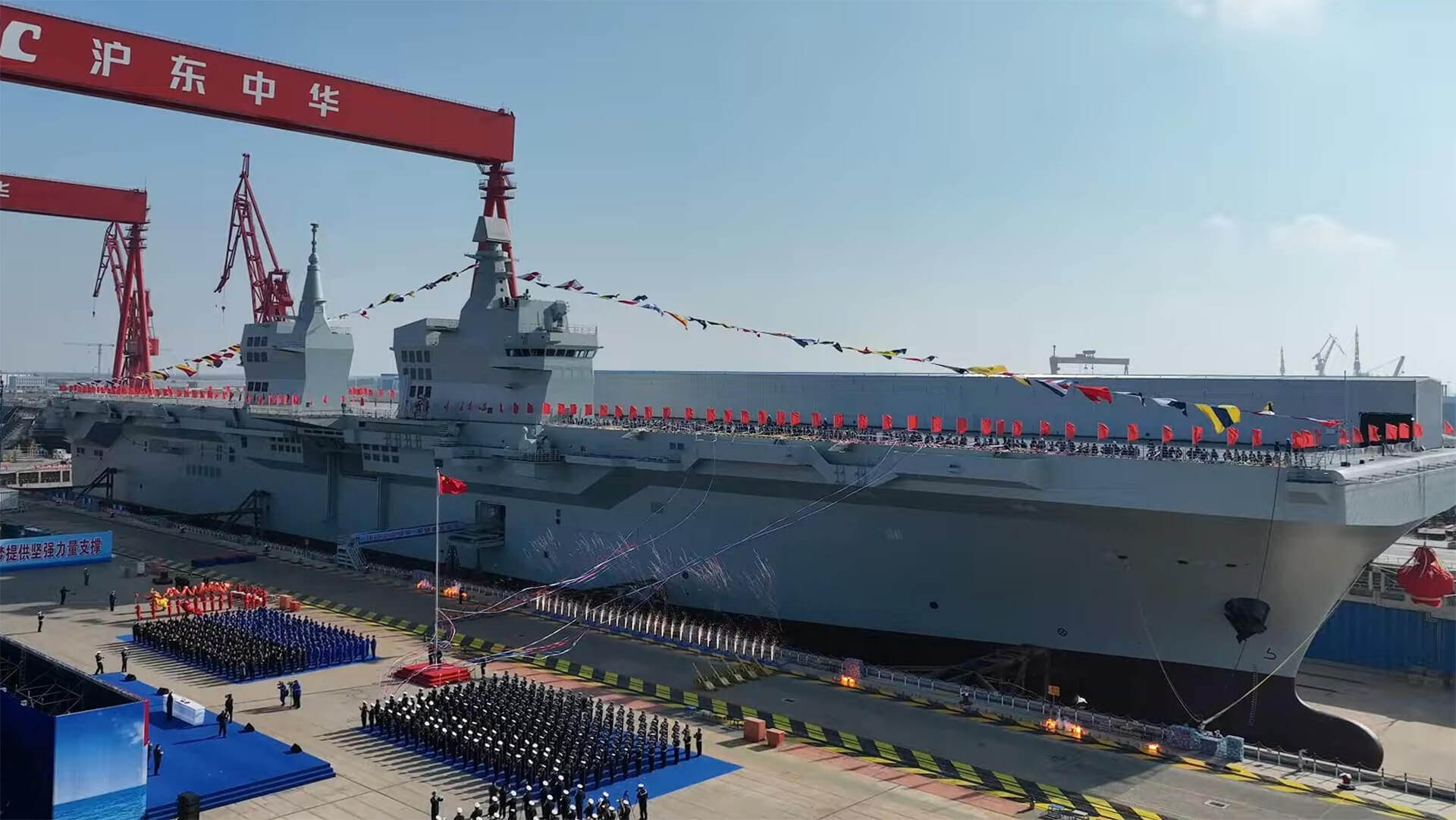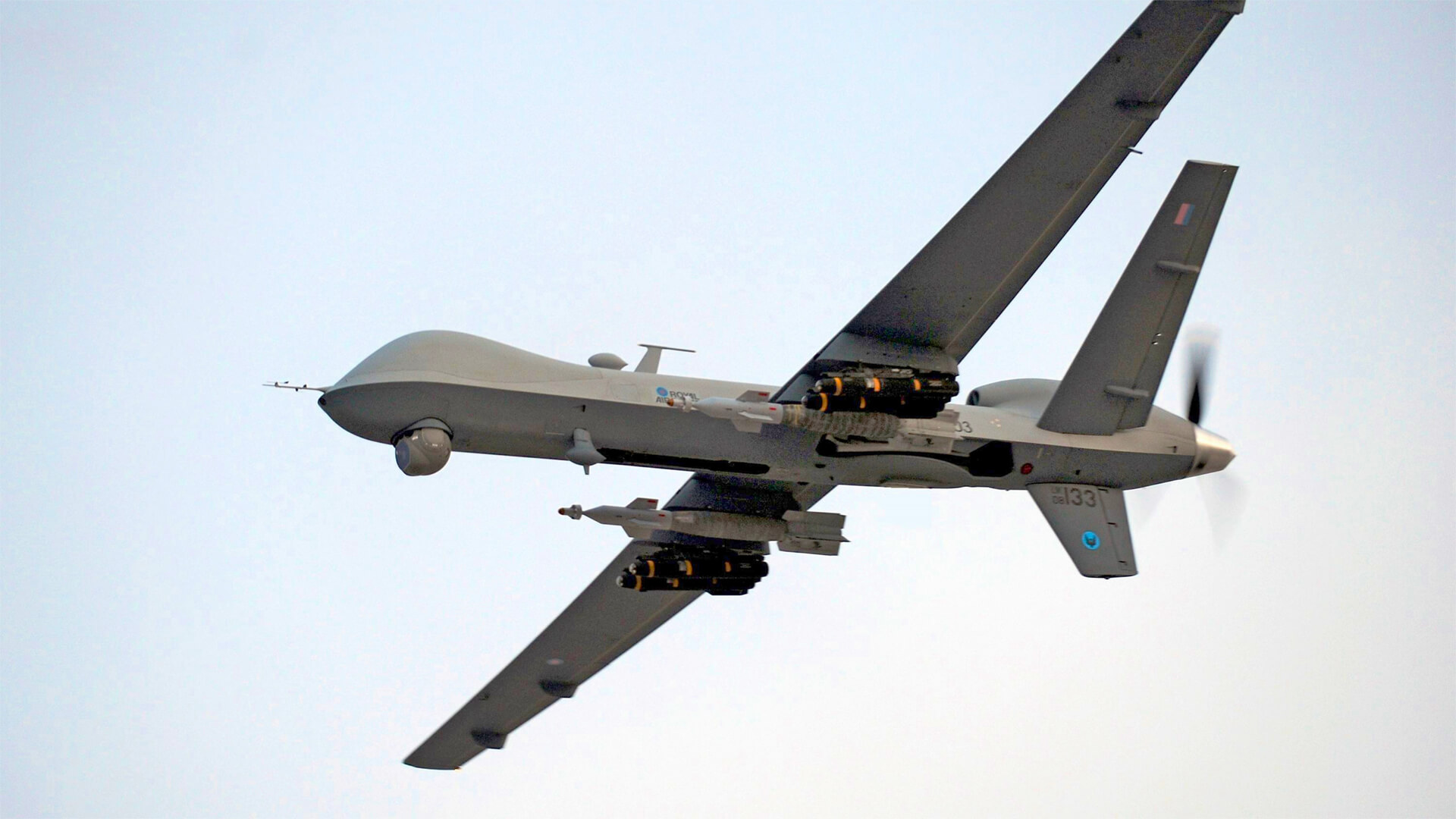Space debris recently struck China’s Tiangong space station. Given the congested nature of the ~350km altitude band, this collision is a warning of what might come to low Earth orbit (LEO).
We’ve got Cold War junk floating around, thousands of Starlink satellites, and plenty of debris zooming around at this altitude. Sure, there are ways to track incoming debris, but it’s imperfect (I mean, you try avoiding something going Mach 25). Kessler Syndrome is the main concern here; just ask Sandra Bullock how she feels about it following her role in Gravity.
Like everything else in the world right now, space is in flux. A hostile Russia, uncooperative China, and prickly US are all adding to the tension.
Transcript
Hey all, Peter Zeihan here. Coming to you from Colorado. And today we’re going to talk about space. Now, you may have noticed in the last couple of weeks there’s been a little bit of drama around the Chinese space station. It’s called the Tiangong. Short version. It got hit by a piece of space debris. Now, the Tiangong is in low Earth orbit at about 350km of elevation.
And it’s a very, very, very busy shell around the world. Back during the Cold War, when we didn’t have particularly powerful rockets, this is where almost all the satellites were. So there’s a lot of old Cold War debris, especially Russian debris that hasn’t been maintained or even really kept track of on the Russian side for a few decades now.
And it’s just obstacles. In addition, this is where Starlink does most of their operations, and there’s about 6000 Starlink, satellites there, more than everything else put together. Starlink plans to do another 3 or 4000 over the next few years. And other entities, whether they’re European or Chinese, that are talking about building their own satellite network for broadband, are talking about using the same band.
So it’s a very, very, very busy area. And that’s before you consider the thing young, which was the satellite that the Chinese had, that they shut down their own about ten, ten, 15 years ago now. Yeah, 15 years ago now, without understanding orbital orbital mechanics. And so it generated 15,000 pieces of debris, of which 2000 are still up there, and they regularly intersect this elevation at 350, kilometers.
Now, why would the Chinese put their station there? Short version is they didn’t have a choice. One of the things that people forget when they compare, American technology and Chinese technology is the Chinese are in almost all sectors, more than one generation behind. And when it comes to things like aerospace or space travel or ships that means all of their vessels are a lot heavier.
And so the sheer throw weight that they need to get to get into orbit, requires a lot more powerful rockets, which they don’t have. And so they can’t go as high. They just don’t have as much of a massive budget as, say, the International Space Station. And it sponsors do. The Russians intelligently have chosen to not share rocket technology with the Chinese because they know they would be a target of it anyway.
So the Chinese are a generation, maybe two generations behind, and that leaves them stuck down here. So what happened was this piece of space junk hit them? And it’s a couple things to keep in mind here. Number one, in addition to being very, very busy, there is a lot of tracking up there, but it’s clearly not perfect.
And just because you see something coming doesn’t mean you can get out of the way of it. So, luckily, nobody was killed. Luckily, they had a replacement, vessel that they could send up. Luckily, they could bring everybody down safely.
There’s no reason to expect that. That’s going to be the new norm, though. Oh, by the way, the ISS over about 400km. So we’ve got a little bit more wiggle room in the international system there. Okay. Why am I bringing this up? Couple things. Number one, my broadband out here in the mountains sucks. I have a Starlink, corporate account, which is supposed to give me 25 to 30 And PBS.
Every second, and instead I get closer to ten. So this video I’m recording right now will probably take me over four hours to upload for you. The reason is very simple. Starlink has sold a lot of subscriptions to support the satellites that are up there. And what they’re discovering is that the profit curve is not what they had hoped it would be.
Because the more people who sign up, the lower the bandwidth is for everybody else, which means the more satellites they need to send up. But to send up the satellites, they need more subscriptions. Whether or not this is a long term model that is viable remains to be seen. But it is certainly not the cure all that a lot of us thought it was going to be a couple of years ago.
And the only solution is more and more and more and more and more and more, more satellites in that same band. Because if you put the satellites higher, number one, it takes a lot more energy to get them up there. And number two, if something does go wrong with a satellite in a higher altitude, it’s a lot harder to deorbit it.
And instead of staying up there for 2 to 10 years, it stays up for 15 to 20. And the reason that gets really important for everyone real quick is something called the Kessler syndrome. If you’ve seen the movie gravity with Sandra Bullock, you have some idea what I’m talking about. Basically, a satellite blows up for whatever reason, sends all kinds of debris out, and then that debris hits other things and causes more debris and more and more and more.
And eventually all of low-Earth orbit becomes nonfunctional for purposes of space exploration or satellites of really any type, because slow moving pieces, in low Earth orbit move it about mock 25, and a paperclip at that speed is more than enough to ruin the day of any satellite and generate a lot more paperclips. So we’re in this interesting catch 22, and that the only way to deepen and improve space technology is to put more stuff up there, which puts us at the risk of ending everything that is up there.
And now we’ve got the Russians, who are one of the best space powers, suddenly being hostile to everybody else, the Chinese refusing to cooperate in international fora, and the United States to put it mildly, is becoming a little persnickety know about a great many things. it adds up for an incredibly dangerous and, crisis prone, environment and low Earth orbit.
About the only bright side I can tell you is that if we do get a Kessler and low Earth orbit, everything will probably de-orbit in under a decade, and then we can try again. So perhaps, just like with everything else in the world right now, as the globalization kicks in, we’re going to be taking about ten years off from everything.


